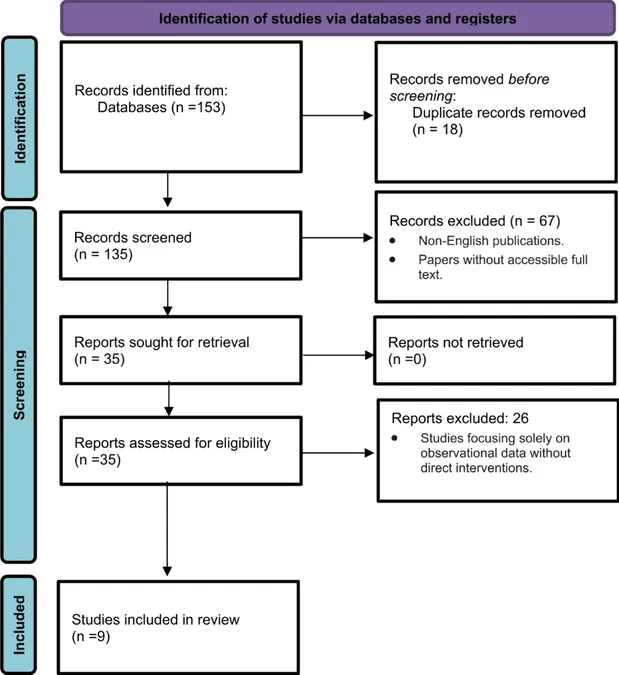
Unlocking New Paths: Managing Agitation in Dementia with Revolutionary Approaches
2025-05-25
Author: Amelia
Dementia: A Growing Global Crisis
Dementia, including Alzheimer's disease (AD), is a widespread challenge, afflicting over 55 million individuals globally, with nearly 10 million new cases reported yearly, according to the World Health Organization (WHO). This progressive illness brings cognitive decline, memory loss, and distressing behavioral symptoms, drastically affecting the quality of life for patients while burdening caregivers.
The Agitation Dilemma in Dementia
One of the most formidable challenges in dementia care is agitation, which can present as outbursts, aggressiveness, or incessant restlessness. Tackling agitation is essential not only for enhancing the well-being of patients but also for alleviating the stress faced by caregivers. A lack of effective management can exacerbate a patient's condition, leading to increased healthcare expenses and a higher risk of institutionalization.
The Conventional Approach and Its Pitfalls
Traditionally, agitation has been managed with pharmacological treatments such as antipsychotics and antidepressants. However, these medications often come with severe side effects and mixed results. For instance, antipsychotic drugs have been linked to elevated risks of strokes, heart issues, and even increased mortality among dementia patients. This has fueled a rising interest in safer, non-drug alternatives.
Promising Non-Pharmacological Interventions
Innovative non-pharmacological approaches like music therapy, light therapy, and digital care programs are emerging as powerful tools in managing agitation. These therapies aim to provide sensory stimulation, boost mood, and foster social interaction, which can help alleviate distressing behaviors. Personalized care strategies tailored to individual patient needs have proven particularly effective.
A Comprehensive Review of Interventions
A systematic review of nine clinical studies evaluates various interventions for agitation in dementia and AD. Of these, three focus on medication, while six explore non-drug therapies. Researchers used the Cohen-Mansfield Agitation Inventory (CMAI) to measure agitation levels and assess the effectiveness of these treatments. The aim is to provide evidence-based recommendations for managing agitation, ultimately enhancing care quality for patients and their caregivers.
Highlighting the Clinical Findings
Studies included various treatment methods. Grossberg et al. revealed that brexpiprazole can improve agitation scores significantly, whereas mirtazapine showed no benefits and even higher mortality rates. Non-pharmacological studies showcased promising results: Harrison et al. found that music and audiobooks reduced agitation, while Sitsi et al. highlighted the positive effects of personalized music interventions. The use of tailored lighting and digital care programs like iWHELD demonstrated significant potential in improving mood and reducing agitation.
The Evolution of Dementia Care
Historically, dementia treatment has evolved from custodial approaches based on confinement to the integration of non-drug therapies that prioritize the patient's emotional and social needs. This review encapsulates a modern understanding of dementia care, emphasizing holistic, person-centered approaches.
Future Directions and Innovations
Looking forward, emerging therapies such as disease-modifying drugs targeting beta-amyloid plaques and advanced technological solutions like Virtual Reality (VR) and brain-computer interfaces hold promise for enhancing cognitive rehabilitation and engagement. Digital care platforms underscore the importance of personalized care strategies in managing agitation.
Concluding Thoughts: A Better Tomorrow for Dementia Care
The findings of this review advocate for an integrative approach that combines both pharmacological and non-pharmacological treatments. By embracing personalized medicine and innovative therapies, we can redefine dementia care standards, leading to improved outcomes and a better quality of life for both patients and caregivers. As we face the challenges posed by dementia, the path forward clearly leans towards holistic and patient-centered solutions that prioritize emotional and social well-being.









 Brasil (PT)
Brasil (PT)
 Canada (EN)
Canada (EN)
 Chile (ES)
Chile (ES)
 Česko (CS)
Česko (CS)
 대한민국 (KO)
대한민국 (KO)
 España (ES)
España (ES)
 France (FR)
France (FR)
 Hong Kong (EN)
Hong Kong (EN)
 Italia (IT)
Italia (IT)
 日本 (JA)
日本 (JA)
 Magyarország (HU)
Magyarország (HU)
 Norge (NO)
Norge (NO)
 Polska (PL)
Polska (PL)
 Schweiz (DE)
Schweiz (DE)
 Singapore (EN)
Singapore (EN)
 Sverige (SV)
Sverige (SV)
 Suomi (FI)
Suomi (FI)
 Türkiye (TR)
Türkiye (TR)
 الإمارات العربية المتحدة (AR)
الإمارات العربية المتحدة (AR)